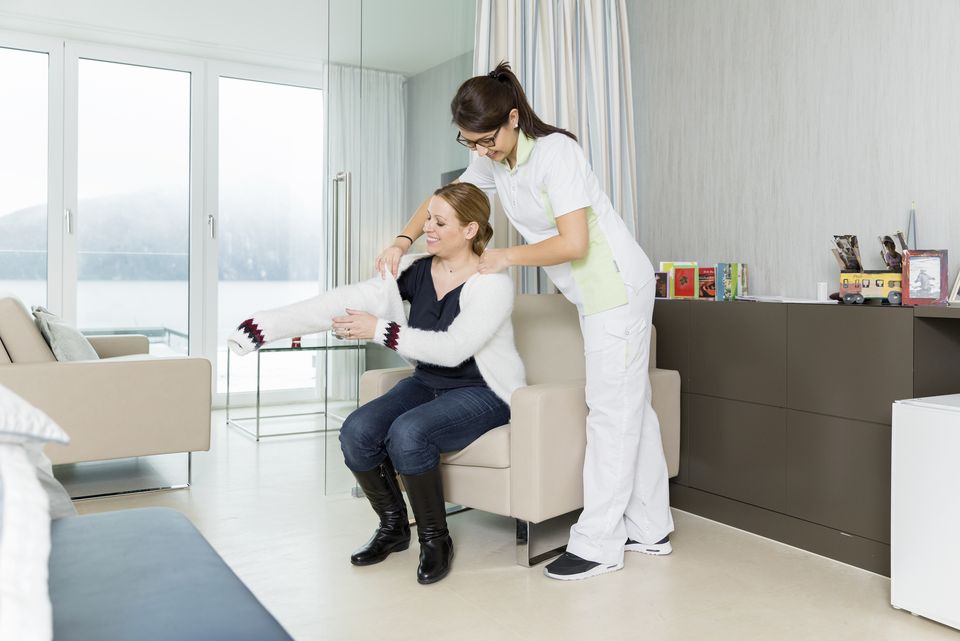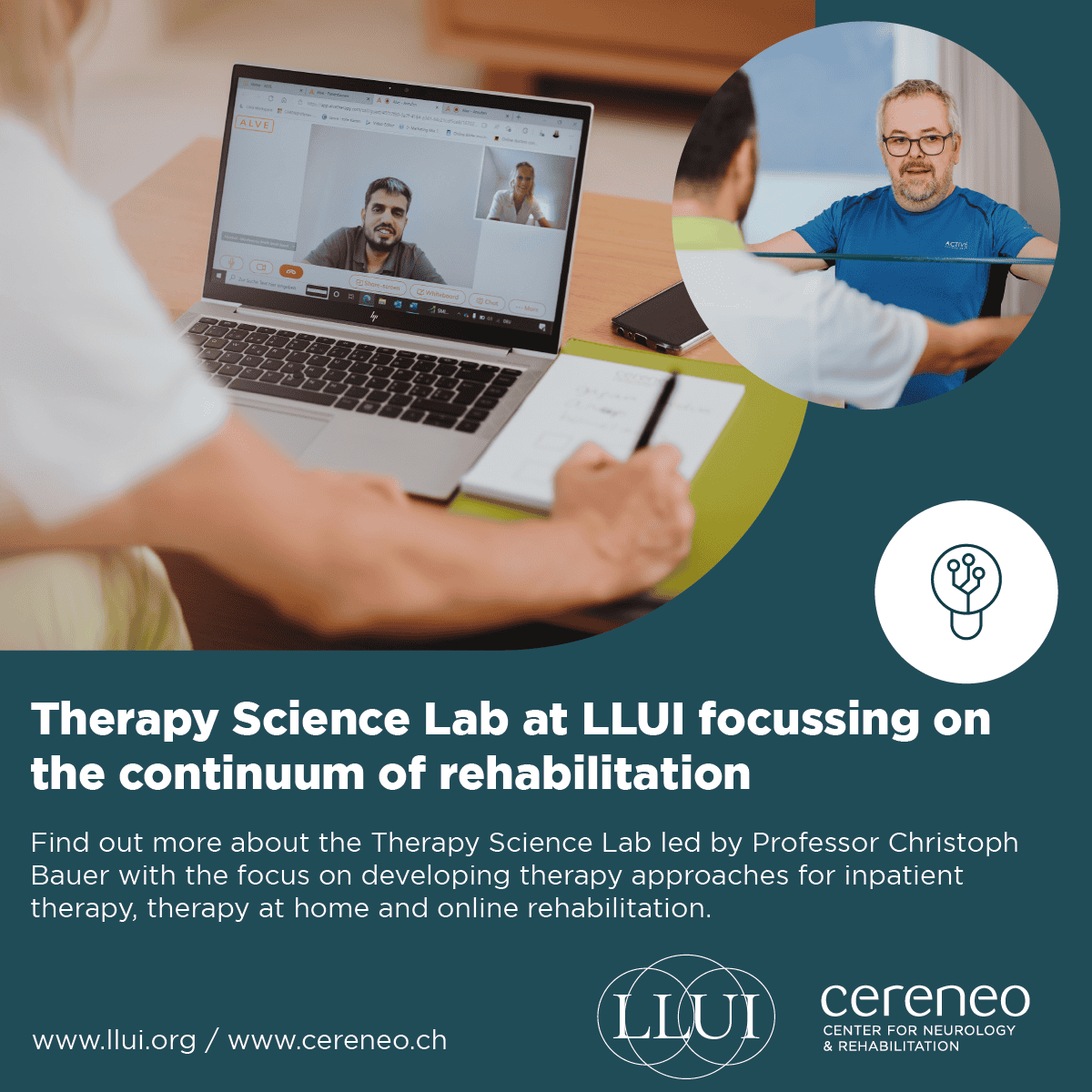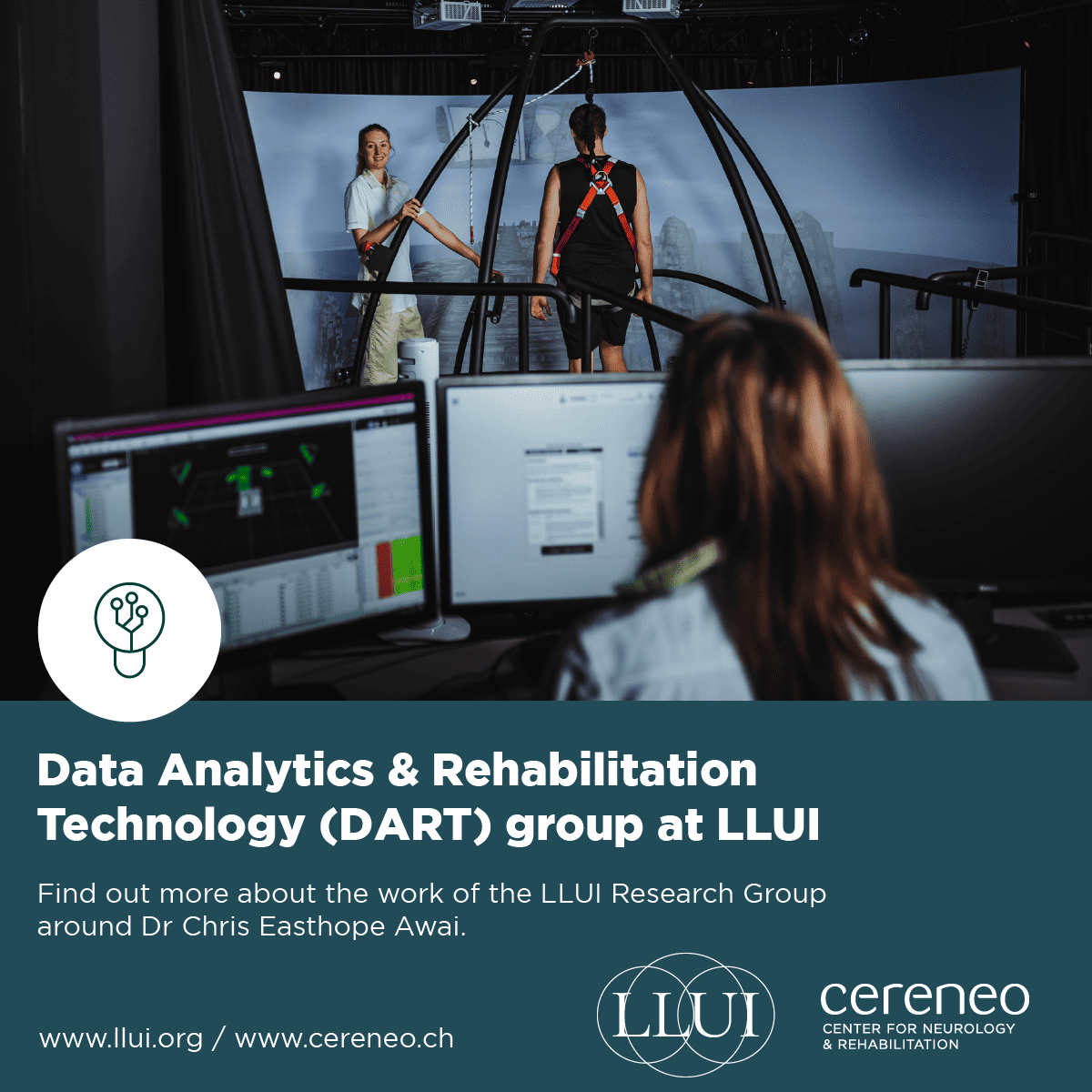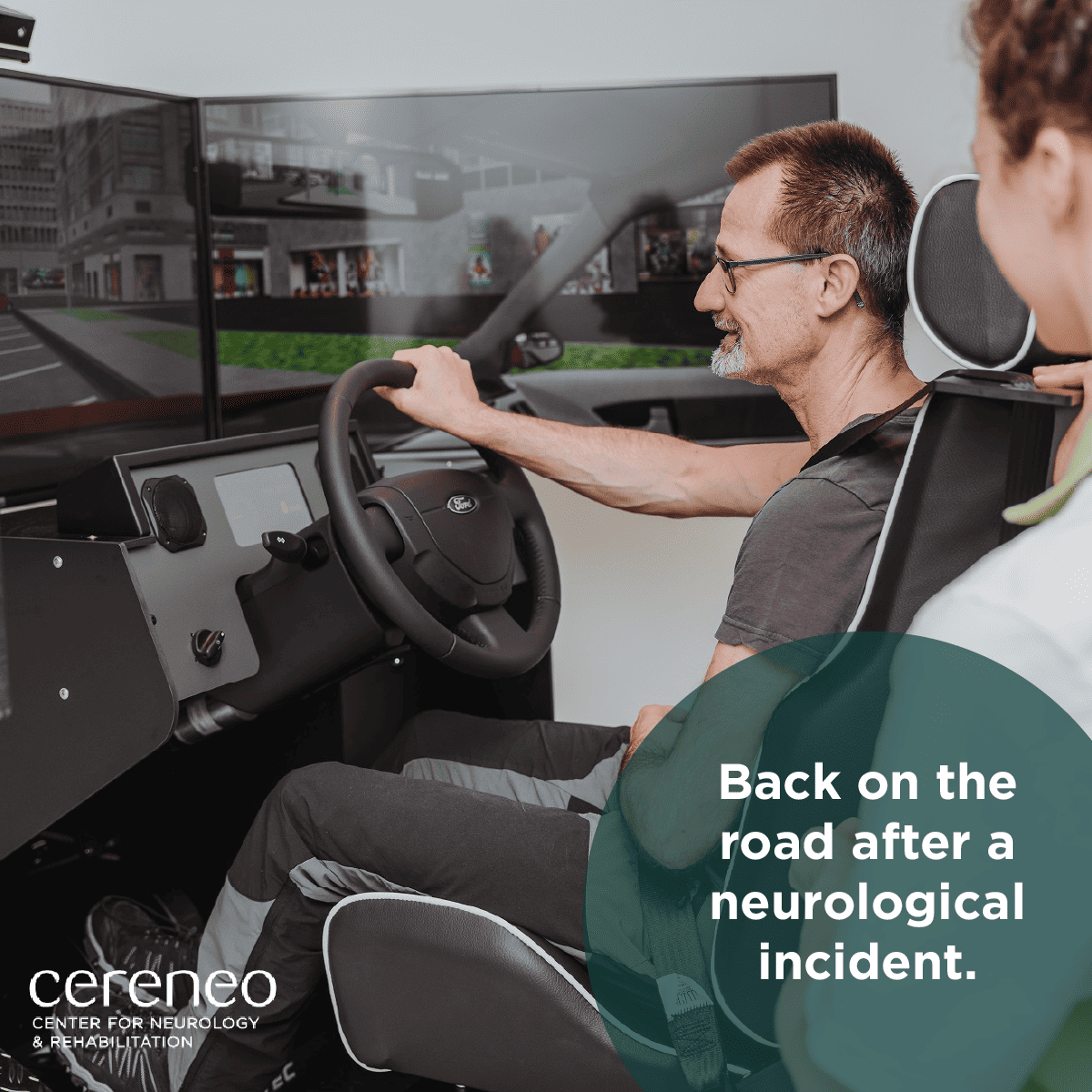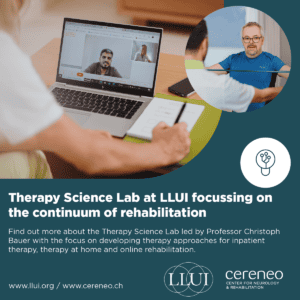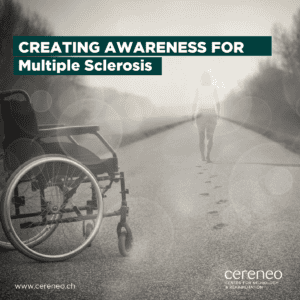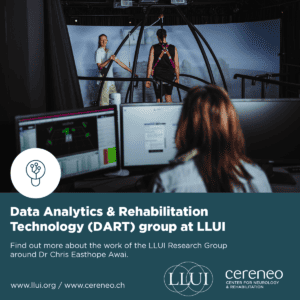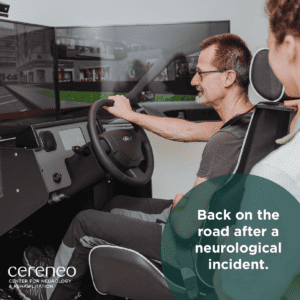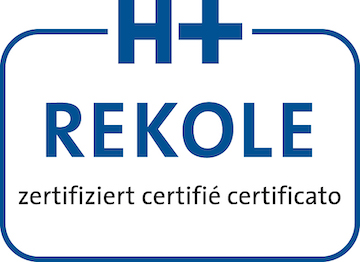Academics in Neuro Rehabilitation: applying Theoretical Knowledge into Practice
Data shows that between 2014 and 2016 less than 30 % of the researchers worldwide were female (Unesco Institute for Statistics, June 2018). This is why the United Nations made science and gender equality one of the key global objectives of their Sustainable Development Goals 2030 Agenda.
One way to support more gender equality in research is celebrating the International Day of Women and Girls in Science on February 11th.
For this special occasion, we have interviewed two wonderful women that are tied with professionals, activities or the general field of neurorehabilitation, neuroscience or research in general.
Read below the first interview with Belén Valladares, originally from Spain and working as an Occupational Therapist at cereneo, while pursuing a doctoral degree in Care and Rehabilitation Sciences at the University of Zurich, to find out why neurorehabilitation is such an interesting field to work in.
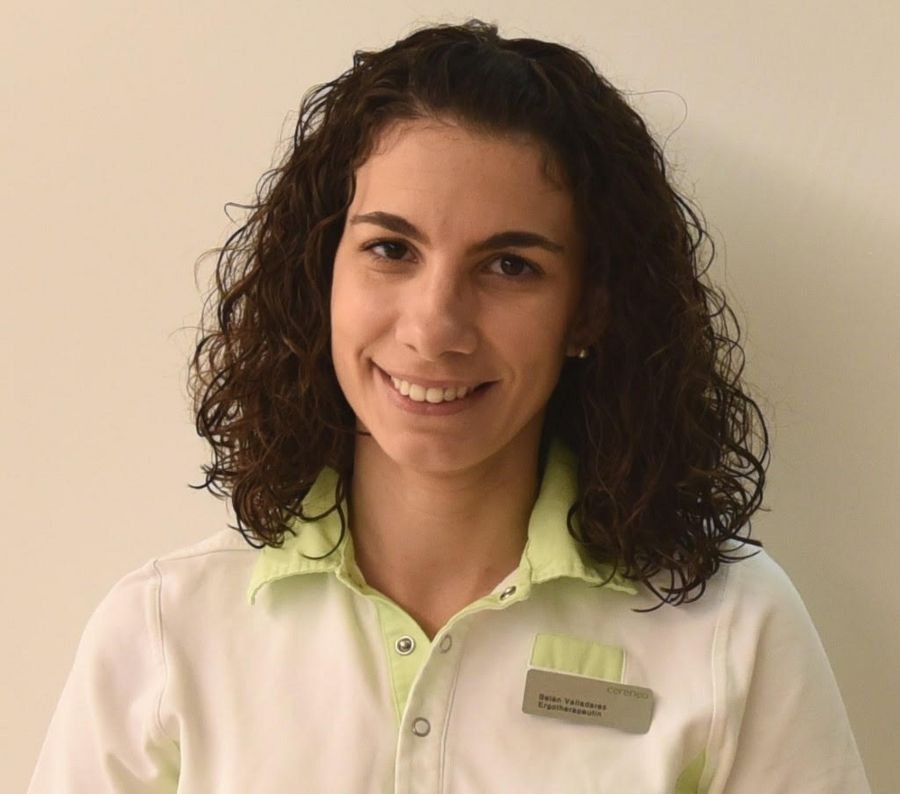
Belén Valladares has 3 Master’s Degrees in Healthcare and works as an Occupational Therapist at cereneo. Besides that, she currently pursues a PhD Degree (University of Zurich, Switzerland).
Why did you choose a career in stroke rehabilitation?
‘’I think stroke rehabilitation is a very interesting field to work in. One can make a real impact and a difference to other people’s quality of life.
I also enjoy exploring novel, useful, affordable and accessible rehabilitation interventions to regain the best possible level of functionality and independence after a stroke.’’
Why did you choose to pursue your scientific profession as well?
‘’As an Occupational Therapist who received educational training in the UK, scientific work has always been a part of and important to my clinical work. Any assessment, approach or treatment followed evidence-based guidance and protocols.
My interest in science and research has been growing while I was involved in different research studies and clinical trials. This made me realise that I also wanted to work on improving the quality of life within a larger scientific community.’’
What makes your job worthwile?
‘’Improving people ́s health and wellbeing is a rewarding job. I am passionate about my daily work as a clinician and as a researcher. Working in both roles gives me the opportunity to apply some of the theoretical knowledge gained into practice. I love the variety, complexity and challenges that each job presents.’’
Do you think it’s important to encourage & support women in science and why?
“I believe that diversity is key factor for success in science. According to research published in The Atlantic (2015) ‘diversity adds to the collective intelligence of a research group’’. In other words, diverse research teams are more likely to provide new ideas, research questions, methods, perspectives, innovations and creativity; yielding a higher likeliness of generating the best possible scientific outcome.
Stanford historian Schiebinger1 says that ‘you can think of gender as a variable and if you leave it out, you potentially miss something important in scientific research with human outcomes’.
There is a big imbalance in the science, technology, engineering, and mathematics workforce. I think it is very important that we all tackle gender inequality in these fields. As UN Women says, bridging the gender gap in science is vital for achieving sustainable development worldwide.
I believe that we could address this problem by raising awareness at home and at work, promoting a growth mindset environment where it is believed that intelligence can be developed by anyone and by tackling gender bias and stereotypes as early as childhood.”
Education
– PhD Studies in Care & Rehabilitation Sciences, University of Zurich (Switzerland).
– Master’s degree in Public Health, King´s College London (United Kingdom).
– Master’s degree in Dependency and Management of Social Services, University of A Corunna (Spain).
– Master’s degree in Planning and Management of Health Care Centres. Social Studies and Health Foundation, Autonomous University of Madrid (Spain).
– BSc in Occupational Therapy, Autonomous University of Madrid (Spain).
Want to work with us?
We have an open position for a Postdoctoral Research Scientist (60-80%). This person will be part of a highly motivated and international team of scientists who focus on the planning, implementing, evaluating and presenting of large research and development projects. Read more about it here: https://www.cereneo.ch/about-us/#jobs
